
Expert Insights - Ronald Journo
As part of our “Expert Insights” series, we had the opportunity to talk to Ronald Journo, Director of Sales France at Ariane Systems, to understand...
Lorem ipsum dolor sit amet, consectetur adipiscing elit. Pellentesque tortor nulla, rutrum eu nunc a, accumsan iaculis odio. Phasellus facilisis, nibh eu lobortis porttitor, orci ligula vulputate turpis, vitae vulputate lectus elit at ligula.
-2.jpg?width=229&height=320&name=JurysInn-Belfast-20190124-(2)-2.jpg)
Allegro v7 cloud is a powerful and flexible, omni-channel platform enabling self-service for hotels.
Discover our range of indoor and outdoor kiosks for hotels. All made to work seamlessly with Allegro v7 and fit into any hotel environment.
Learn how Allegro v7 can help your hotel staff become more efficient, increase revenue and improve guest satisfaction.
From small to large hotels, 1 to 5 stars, business and leasure, boutique and hostels - Ariane's solutions can help make check-in Safe, Simple, and Efficient for every type of hotel. All of our solutions can easily be adapted to fit the specific needs and reflect your hotel's design.

Ariane Systems is the world leader in providing self-check-in and out solutions for the hotel industry with more than 3.000 installations. They enable Mobile and Kiosk self-service solutions, including all required hardware, consultancy and support for services that integrate to the hotels PMS, keycard system and secure card payment.


Our Director of Operations in the US, Chris Roberts, has compiled some great advice based on his personal remote working experiences that can be of help to both first-timers and more experienced #remoteworkers.Most of our employees here at Ariane are now facing the new "normal" and work from home, just like most other companies during the current crisis...
Originally published on LinkedIn by Chris Roberts, on March 18th, 2020
I've worked from home for three years. Here's some advice for people doing it for the first time because of COVID-19!
Hi, all. I never post on LinkedIn, but a few friends asked for some work-from-home best practices since they'll be doing it for the first time because of the coronavirus pandemic. I shared with them on other social platforms but thought this would be good to share with my LinkedIn network, too. My advice is below...
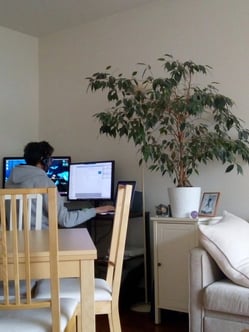
Don’t spread your work around the house/apartment. Set up a home office area (a room if you can or at least a corner) to be your dedicated workspace and keep your work there.
I’m often tempted to work from bed or on the couch, but I’m never as productive and all I’ve done is bring work to places that are meant for relaxation. When you can’t physically leave your work in an office, make sure you can at least leave your work in a part of your home that’s separate from where you rest.
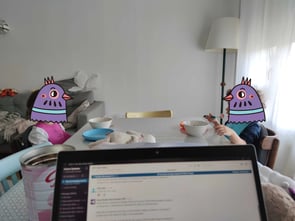 Set Hours for Yourself
Set Hours for Yourself Working in an office typically comes with set hours. Working from home is more flexible since you’re eliminating your commute. The flexibility can be a trap, though – I’ve worked significantly longer hours in a day or week working from home than I ever did in an office. That project that’s nagging on you? It’s a lot easier to keep working on it at 9 PM when you’re at home.
Make sure to set hours for yourself: they don’t need to be traditional 9-to-5 hours, but make sure you’re not overextending yourself and taking away from your “home” time at home.
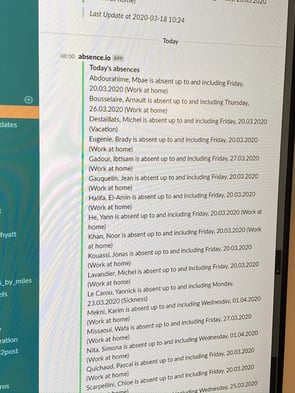 Keep In Touch
Keep In Touch One of the toughest things to get used to when I went full-time to work from home was the lack of human contact. Lean on your company’s communication tools (Slack, Teams, Discord, whatever) to stay in touch with your colleagues.
Open a channel or DM with your best friend at work and keep talking through the day. Hang out in your team’s channel or workspace and communicate and collaborate as much as you can. Also (a tough one for me), don’t avoid voice calls.
Conference calls and virtual meetings can be annoying sometimes, but nothing beats verbal communication. Get on a daily call with your team to stay connected with each other.

This is a tricky one: a lot of people think work from home means doing dishes while you’re on a conference call. Some people do that, and that’s fine! Unless you’re an amazing multitasker, you are going to stretch yourself thin by trying to do homework while you’re doing work-work. Keep your focus on whatever your current task may be.
If you want to take a break between work tasks to vacuum your living room, cool! Working from home gives you that flexibility, but make sure you’re not going back and forth between work tasks and home tasks too much. You’ll just end up working more (and breaking those hours you set for yourself).
Being a people manager of a fully remote team can be hard. Your job needs to be, primarily, making sure that your workers-from-home are engaged with and available to do the work that needs to be done. They can’t be engaged and available when they’re stressed, overworked, or not staying in touch. Check-in on your team daily – individually and as a group. Call them. Message them. Set up a team channel or workspace in your company’s communication tool if you don’t already have one. Schedule daily, virtual standups. Most importantly, ask them how they’re doing and if there is anything you or the company can do to support them.
A big concern for people managers is that their remote workers “slack off” or that workers don’t work a full 8 hours when they work from home. If you are a people manager that thinks this way, break that mindset. Your team is stressed. They are likely struggling with working from home on top of countless other things – kids being home from school, making sure they have enough food for quarantine, and keeping an eye on their toilet paper reserves. Don’t add to this stress. Set simple expectations for your team – be (at least) available during regular business hours, meet deadlines, be communicative, and always ask for help. Be flexible with them and be available to them.
These are unprecedented times. Above all else, take care of yourself. You’re going to be stressed and worried. You might see your work reduced significantly. You might have kids home because school is closed. Your partner or roommate might be home (and you’re driving each other up a wall). Make sure you take time away from your work area when you feel overwhelmed. Take a lunch break. Find a book to read. If you can do so with limited social contact, go outside for a walk. It’s okay to put work down and focus on you.

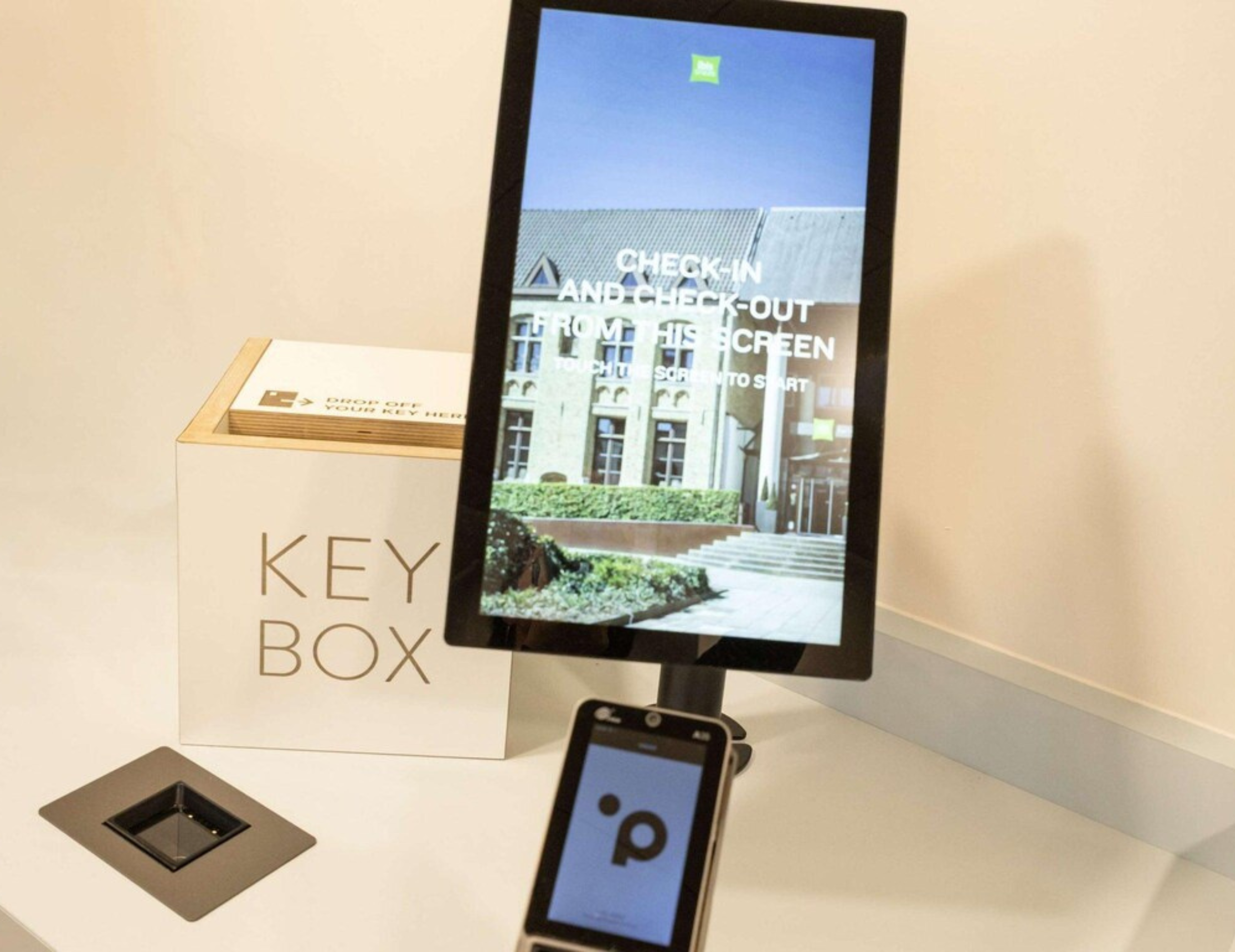
We are thrilled to announce that Ibis Styles Brugge Centrum has joined the Ariane Systems family, marking a significant step in enhancing the guest...

We’re excited to announce the Autumn 2025 release of Allegro Cloud (v7.24)! This update introduces improvements that make your dashboards more...

As part of our “Expert Insights” series, we had the opportunity to talk to Ronald Journo, Director of Sales France at Ariane Systems, to understand...
.jpg)
Discover how a leading global theme park group streamlined guest arrival and boosted efficiency using Ariane’s self-service hotel check-in technology.
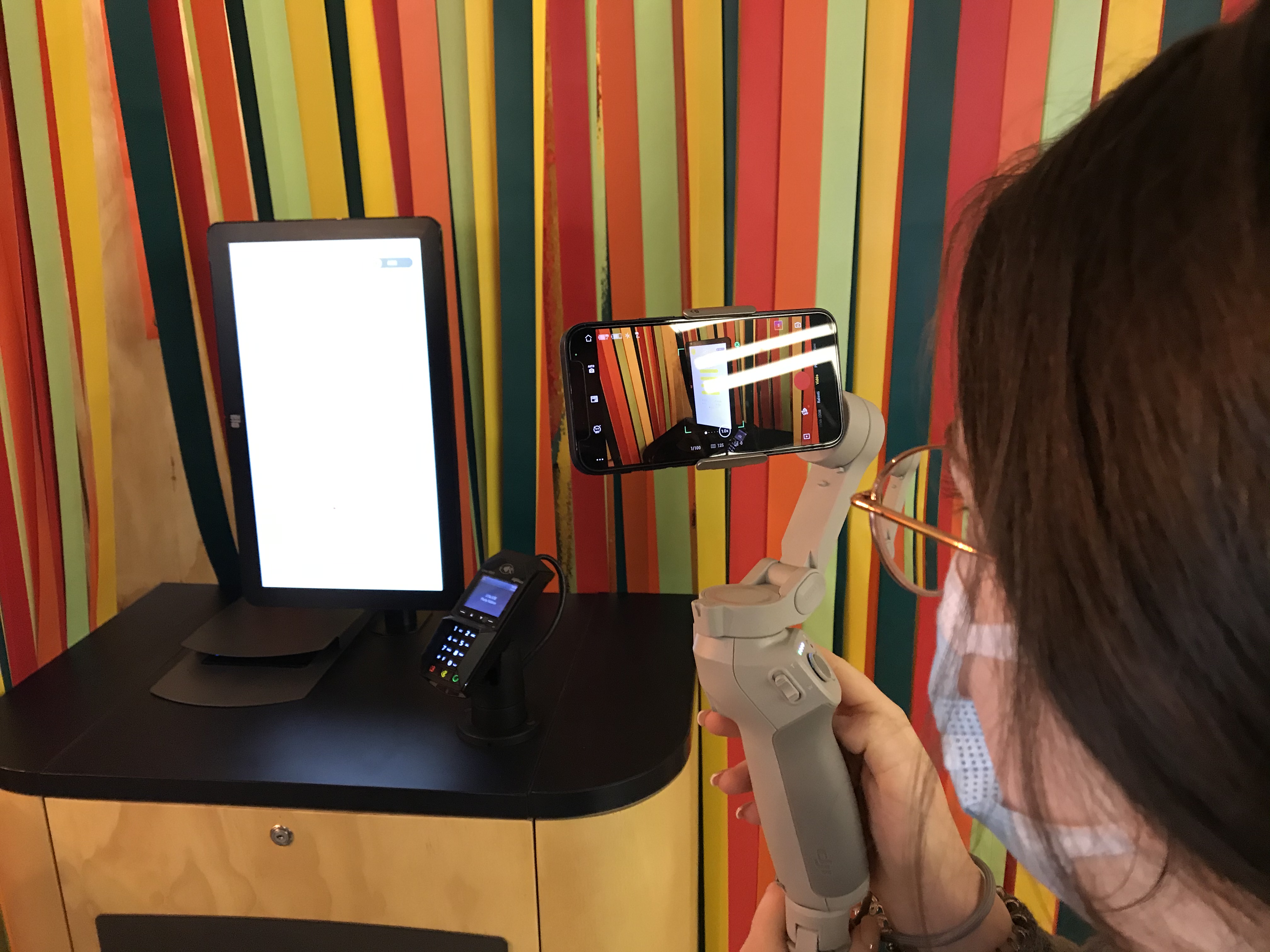
A year has passed since I joined Ariane. It's time for me to tell you about my experience.